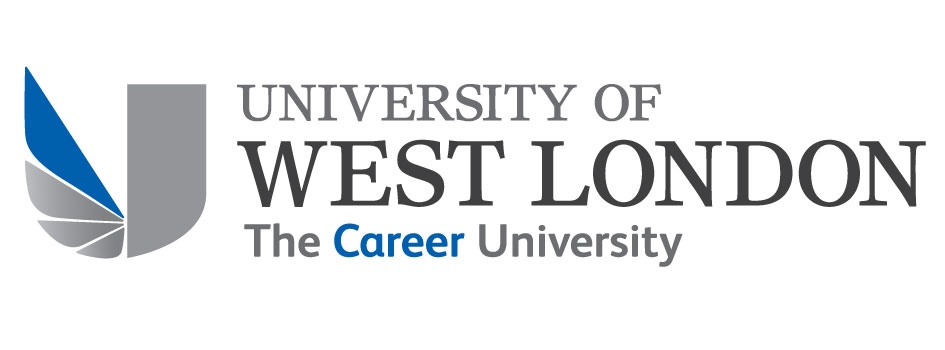In an age of fake news, fake tans and alternative facts, it is reassuring to read work that seeks to explore and cast a critical eye on the world around us. Such exploration is not just a matter of poking a stick under a rock to see what lies beneath – our authors go further and show the significance of knowledge. Knowledge is not simply ‘knowing stuff’ – real knowledge is knowing what to do with stuff. This application of knowledge is a meaning-making process that feeds the thing that makes us human. For me, humans are fundamentally nosey creatures; however, unfocussed nosiness is not as powerful as focussed nosiness. The focussed nosiness presented in this edition of New Vistas offers us the power that comes from understanding complex issues. The articles in this edition cover a wide range of topics but three empowering themes seem to run throughout: (1) the importance of being informed; (2) the need to be critical with this information, and (3) the significance of making informed decisions.
We open this edition with van der Sluis who makes an argument for Slow Higher Education - encouraging the development of students who are mindful and well informed, rather than simply seeking to plug holes in the job market. Ideas of mindfulness and balance are further explored by Jayman and Ventouris as they report on their work to improve mental health in primary schools through a mental wellness card game, the Book of Beasties. Strong adds to the theme of supported growth and reports on a computer game aimed at helping children understand the complex and interconnected ideas of sustainable development. From this we segue into the work of Kulasi who also explores the importance of developing resilience in students – this time students in Higher Education – as she reports on a project on developing students’ ability to construct and evaluate critical arguments. Lelis also explores the empowerment of students in Higher Education in her analysis of an intervention aimed at giving postgraduate students a sense of progression whilst developing confidence in their own work. Wider exploration of personal agency comes from the work of Antova and Manyande who examine the effect of sex and ethnicity on the levels of psychological distress in heterosexual couple therapy. Chappell then offers a more biological perspective on the human condition through a detailed insight into the processes, drivers and treatment of cardiovascular disease. Finally, we close with a profile of PhD student, Agata Kubiak-Kenworthy, whose research on creativity in new music for stringed instruments developed two new typologies that help us understand creative interaction.
I am so pleased with the work presented here - it is varied, insightful and stimulating. Our authors are clearly nosey individuals. But they are not simply the kind to watch the lives of others as they cavort on some desert island or make fools of themselves in a jungle. The nosiness of our authors is focussed and positive. They seek to find truths in the human condition and they seek to make sense of these truths. And, through their work, we are able to make the world a more informed place – and hopefully a better place. Real facts, real information and real answers are more important today than they have been for quite some time. I hope that, like me, you feel empowered by these articles – the kind of empowerment that comes from understanding complex issues. And I hope that you consider using this knowledge.


